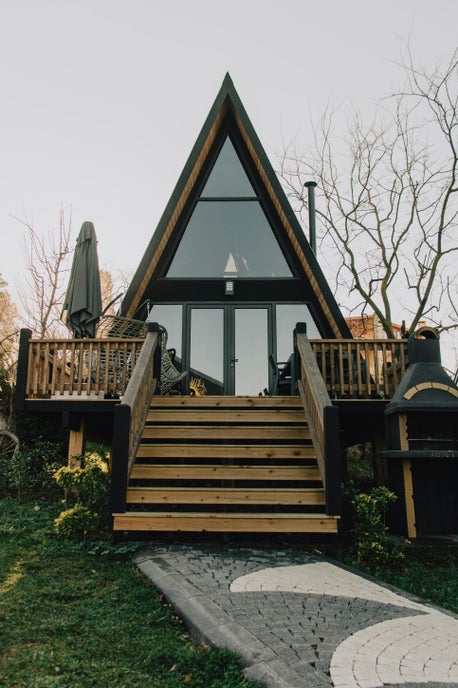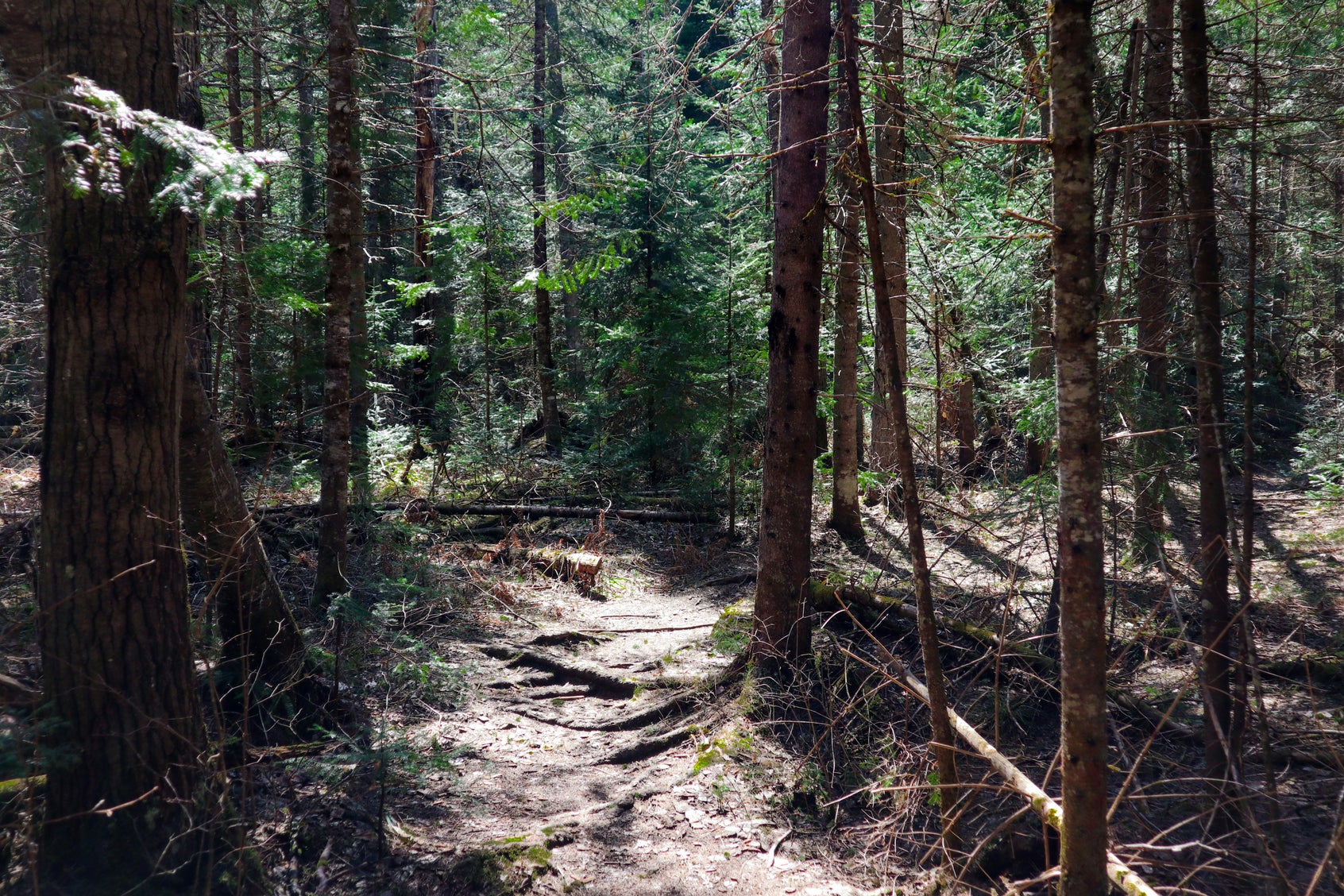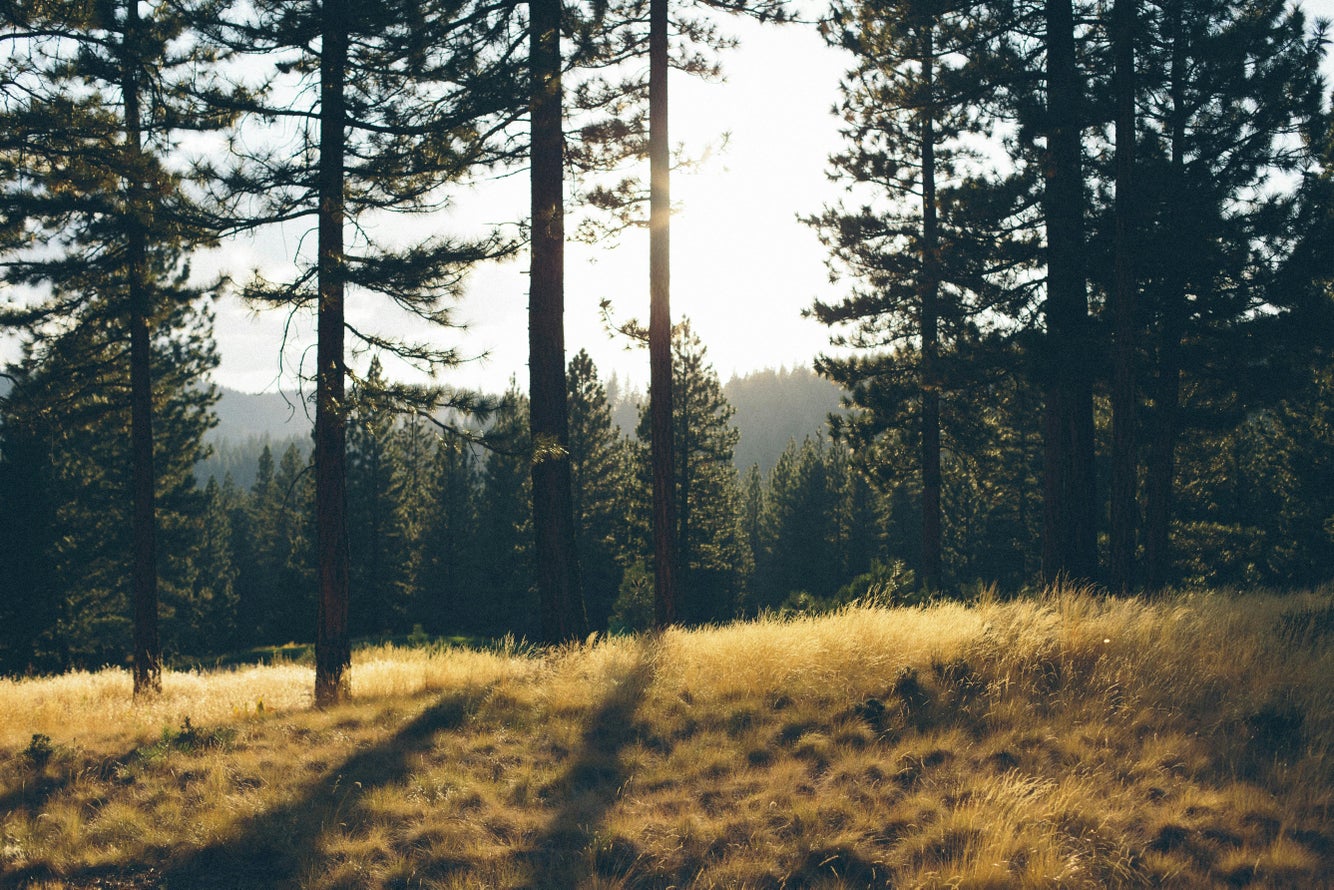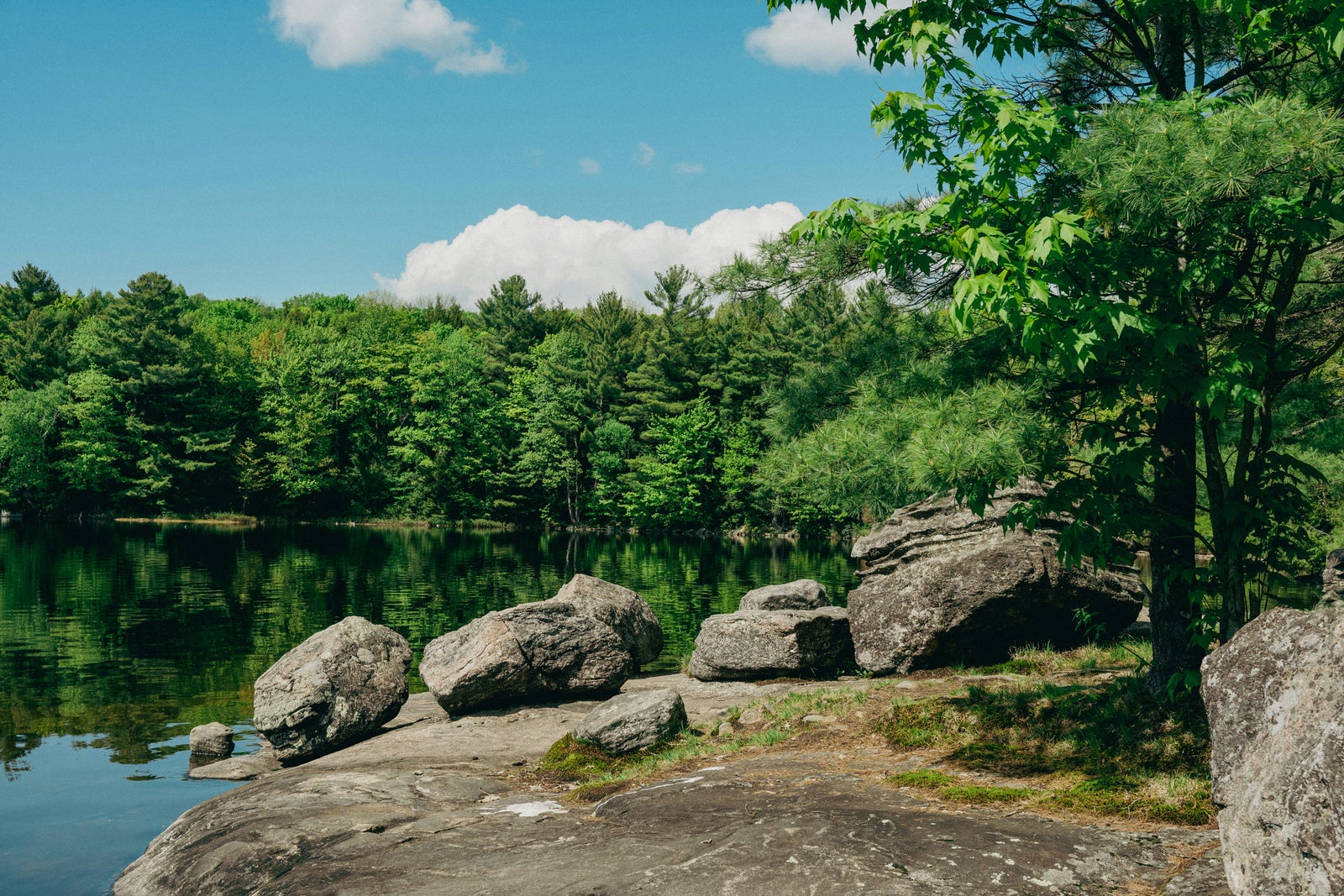Buying vacant land can be an exciting opportunity, especially in a region like Muskoka, known for its beautiful lakes, forests, and outdoor lifestyle. Whether you’re looking to build your dream home, invest in a recreational property, or simply secure a piece of nature, vacant land offers a lot of potential. However, just like any real estate purchase, there are important pros and cons to consider before making a decision. Here’s a breakdown to help guide you through the process.
Unlike the fast-paced housing market, vacant land tends to have less competition, especially in rural areas like Muskoka. This gives you a better chance to secure a piece of property that aligns with your needs, whether it’s a waterfront lot or something more private and secluded.
Typically, vacant land is much cheaper than a fully developed property. This is particularly true in areas outside urban centers, like Muskoka, where you can find larger plots at relatively affordable prices compared to more developed

Buying vacant land gives you the freedom to design your property exactly how you want. Whether it’s a cottage on the lake or a secluded retreat, you have the ability to plan your dream project without being constrained by an existing structure.
Land that is not developed typically has lower property taxes compared to developed properties. In Muskoka, this can be a big plus, especially if you're buying land as an investment or for recreational purposes, as it can help reduce your holding costs.
While you may not be able to build immediately, vacant land often holds great potential for future development. If the area becomes more popular or if infrastructure expands, your land could appreciate significantly in value over time.
In Muskoka, owning vacant land gives you access to some of Ontario’s most pristine natural environments, from private lakeshores to dense woodlands. For those looking to escape the hustle and bustle of city life, vacant land offers a sense of peace, privacy, and outdoor adventure.
A major advantage of owning vacant land is that you don’t have to worry about maintenance like lawn care, plumbing, or roofing. You only need to maintain what’s on the property, whether it's a simple trail or a small cabin.
If you buy land in an area seeing growth or increased tourism (like Muskoka), you could see substantial returns down the line. Over time, vacant land can become more valuable, especially if you make improvements or if the surrounding area becomes more developed.
In many rural areas, including parts of Muskoka, vacant land often comes with fewer zoning restrictions compared to urban areas. This means you have more freedom to use your property as you wish, whether you plan to build, farm, or even use it for recreational purposes.
Land, especially in desirable areas like Muskoka, tends to hold its value well over time. While it may not appreciate as quickly as other types of real estate, it’s less likely to depreciate. With fewer factors like wear and tear, vacant land remains a relatively stable investment.

One of the biggest drawbacks of buying vacant land is that it’s difficult to secure traditional mortgage financing. Lenders are often hesitant to provide loans for vacant land unless you’re planning to build immediately, or unless the land is particularly valuable or well-located. This can make purchasing land more difficult if you don’t have the cash upfront.
Depending on the location, vacant land may not have access to utilities like water, electricity, or sewage. In Muskoka, this is especially true for more remote properties. If you want to build, you’ll need to factor in the cost of bringing in utilities, which can add significant expenses.
While there may be fewer zoning restrictions, you’ll still need to deal with local regulations and permitting, especially if you intend to build. In Muskoka, certain areas may have strict environmental protection rules or require special permits for development. This can delay your plans and increase costs.
Although vacant land doesn’t require the same maintenance as a house, it’s still important to keep up with upkeep like clearing brush, maintaining roads or paths, and making sure the land doesn’t become overgrown or prone to erosion. Depending on the land's location in Muskoka, you may also need to manage snow removal during the winter months.
While vacant land can be a great investment, it can also be difficult to sell, especially if it’s located in a more remote area. In Muskoka, properties that aren’t near water or key tourist spots might be harder to market, meaning you might have to wait a long time to find a buyer if you decide to sell.
While vacant land often has lower taxes, you’ll still need to pay property taxes on it. Over time, this can add up, especially if you’re holding onto the land for a long period of time before building or selling.
Beyond mortgages, financing vacant land can be tricky. While you may be able to secure a loan through a personal lender, the interest rates are usually higher than traditional home loans, and the terms may be less favorable.
If you plan to build on the land, you could face higher costs than expected. In Muskoka, for example, construction materials, labor, and bringing utilities to more remote areas can significantly increase your budget. Additionally, land in certain areas may have geographical or environmental challenges that make development more complicated.
Unlike owning a rental property, vacant land doesn’t generate income unless you develop it or lease it for agricultural or recreational purposes. If you’re looking for a quicker return on investment, land may not provide the immediate cash flow you’re hoping for.
In a region like Muskoka, you may be buying land in areas prone to natural hazards like flooding, wildfires, or harsh winter weather. It’s crucial to research the land’s history and environment to ensure you’re not investing in a property that could be problematic.

Buying vacant land in Muskoka can be an exciting opportunity, but it’s important to weigh the pros and cons before diving in. While you’ll enjoy the freedom to create something unique and the potential for long-term investment growth, you also need to be prepared for the challenges of financing, infrastructure, and local regulations. Whether you’re looking to build a cottage on the lake or simply secure a piece of Muskoka’s natural beauty, understanding these factors will help you make a well-informed decision.





